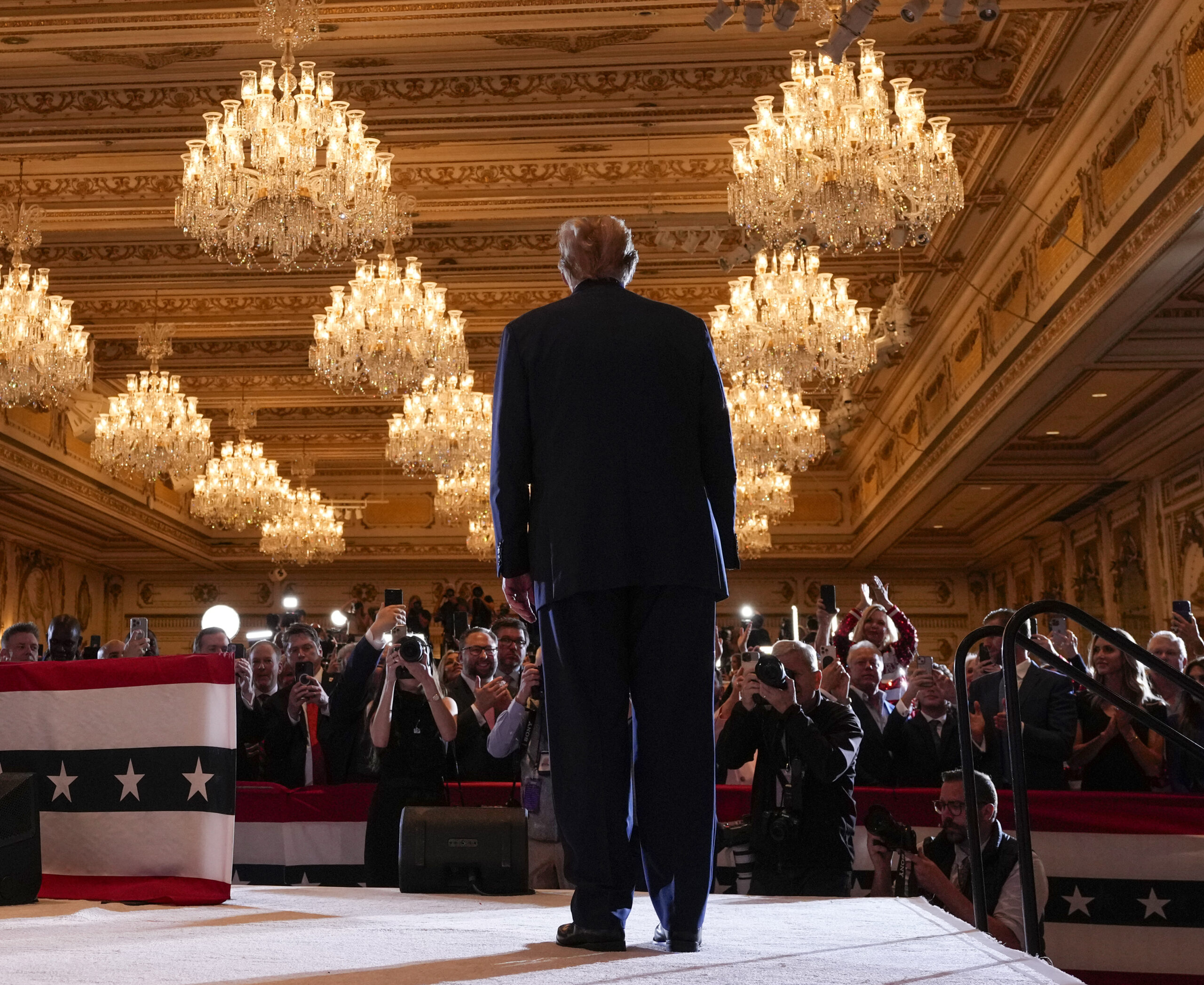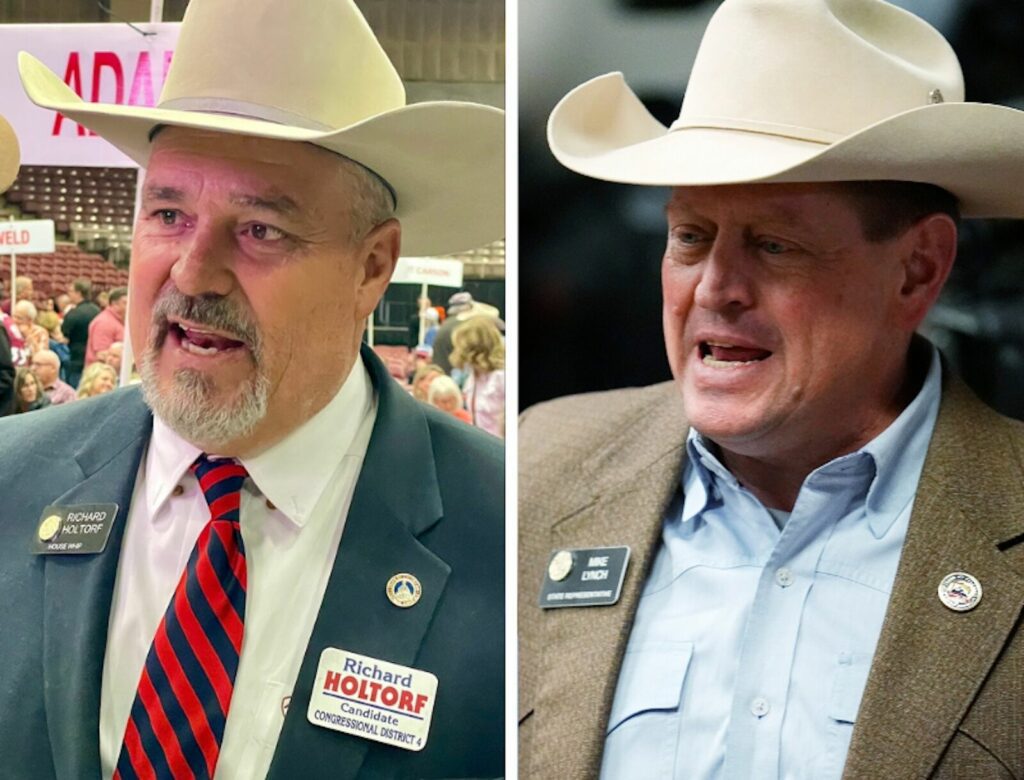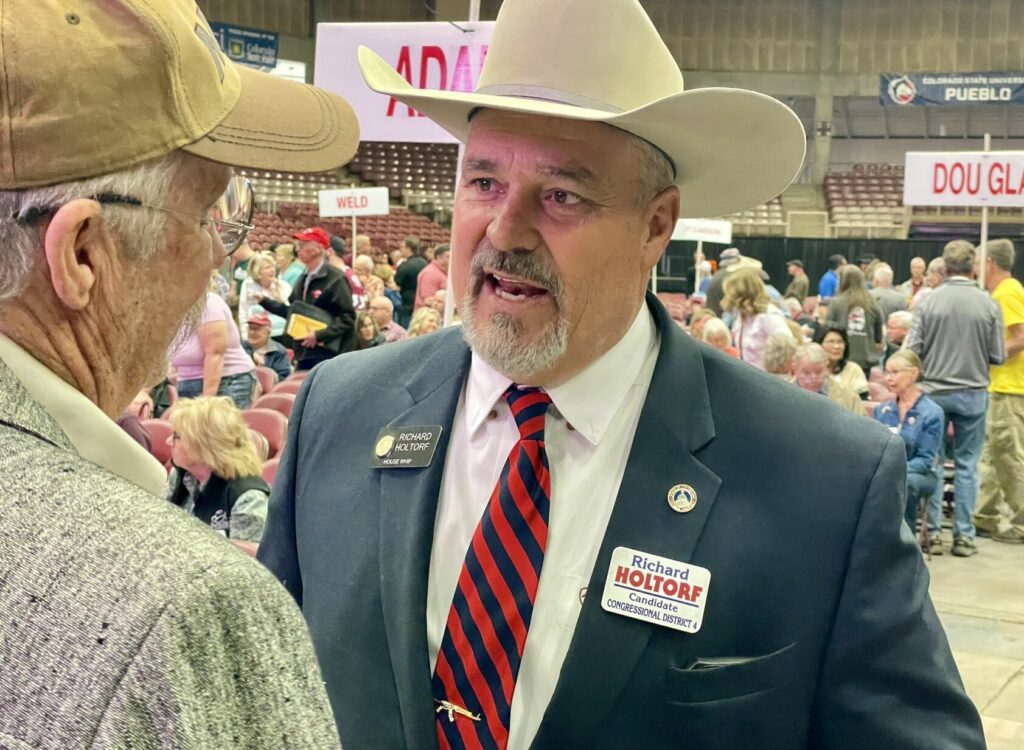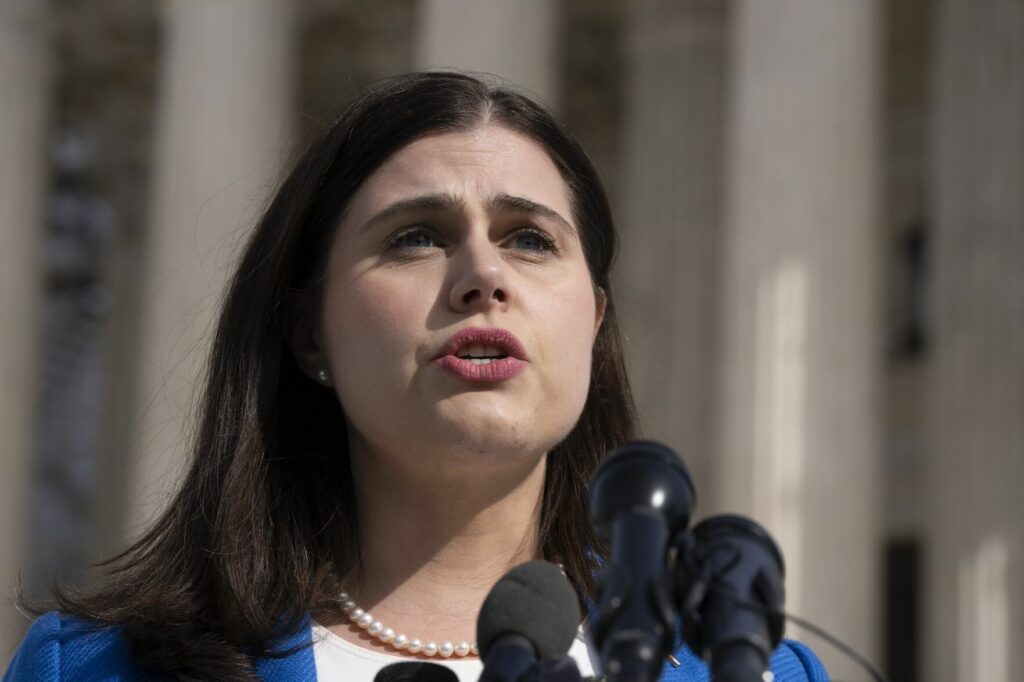After dominating Super Tuesday, Biden and Trump turn attention to November rematch
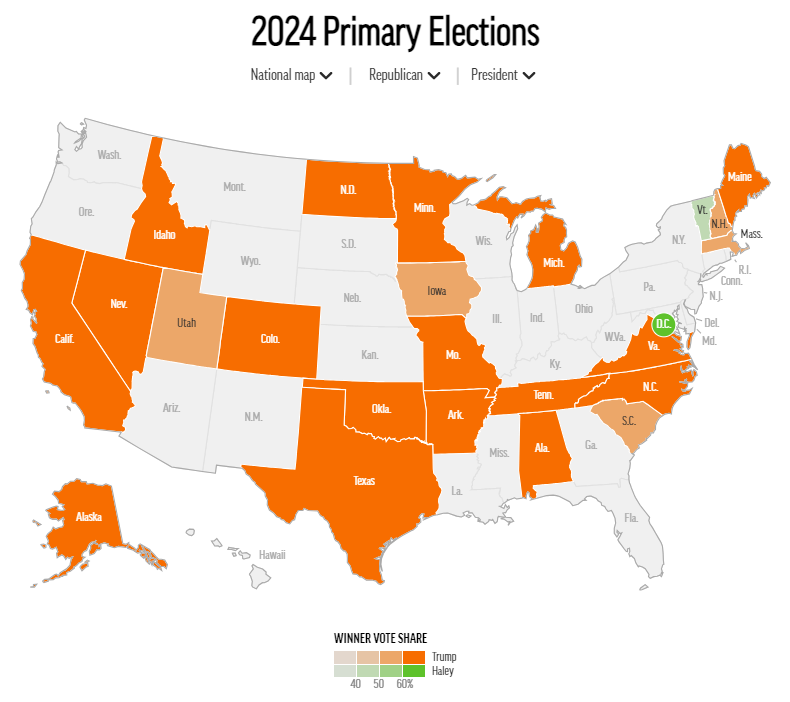
After President Joe Biden and Donald Trump romped through more than a dozen states on Super Tuesday, the frontrunners immediately turned their attention to what is very likely a November rematch.
Biden urged Nikki Haley’s supporters to get behind his reelection bid, signaling his team’s belief that attracting disaffected voters who oppose Donald Trump is key to winning in November.
Trump, meanwhile, recognized the need to unite Republicans to help his campaign, notably opting against attacking Haley – at least in his victory speech from Florida. Advisers also said his victories should allow him to more closely integrate campaign efforts with the Republican National Committee.
Biden and Trump’s victories from coast to coast, including the delegate-rich states of California and Texas, left little doubt about the trajectory of the race. While Haley won Vermont, denying Trump a full sweep, the former president carried other states that might have been favorable to her, such as Virginia, Massachusetts and Maine, which have large swaths of moderate voters like those who have backed her in previous primaries.
The only contest Biden lost Tuesday was the Democratic caucus in American Samoa, a tiny U.S. territory in the South Pacific Ocean. Biden was defeated by previously unknown candidate Jason Palmer, 51 votes to 40.
And in Colorado, at least, the “uncommitted” movement failed to gain traction. As of March 6, the option only garnered almost 8% of the vote, less than half the 15% threshold required to win any delegates.
After beginning the night with victories in Virginia and North Carolina, Trump wrapped Super Tuesday by winning contests in Alaska and Utah.
Not enough states will have voted until later this month for Trump or Biden to formally become their parties’ presumptive nominees. But the primary’s biggest day made their rematch a near-certainty. Both the 81-year-old Biden and the 77-year-old Trump continue to dominate their parties despite facing questions about age and neither having broad popularity across the general electorate.
Despite Biden’s and Trump’s domination of their parties, polls make it clear that the broader electorate does not want this year’s general election to be identical to the 2020 race. A new AP-NORC Center for Public Affairs Research poll finds a majority of Americans don’t think either Biden or Trump has the necessary mental acuity for the job.
The final days before Tuesday demonstrated the unique nature of this year’s campaign. Rather than barnstorming the states holding primaries, Biden and Trump held rival events last week along the U.S.-Mexico border, each seeking to gain an advantage in the increasingly fraught immigration debate.
Biden will deliver the State of the Union address Thursday, and then campaign in the key swing states of Pennsylvania and Georgia.
The president faces low approval ratings and polls suggesting that many Americans, even a majority of Democrats, don’t want to see the 81-year-old running again. His easy Michigan primary win last week was spoiled slightly by an “uncommitted” campaign organized by activists who disapprove of the president’s handling of the war between Israel and Hamas in Gaza.
Allies of the “uncommitted” movement pushed similar protest votes elsewhere, such as in Minnesota, which has a significant population of Muslims, including in its Somali American community. At least 45,000 voters in Minnesota selected “uncommitted,” which won 19% with almost all votes counted. That exceeds the 13% of voters who selected “uncommitted” in Michigan.
Biden also is the oldest president ever and Republicans key on any verbal slip he makes. His aides insist that skeptical voters will come around once it is clear that either Trump or Biden will be elected again in November.
Trump is now the same age Biden was during the 2020 campaign, and he has exacerbated questions about his own fitness, such as when he mistakenly suggested he was running against Barack Obama, who left the White House in 2017.
Trump has already vanquished more than a dozen major Republican challengers before Haley, his former U.N. ambassador. She had maintained strong fundraising and notched her first primary victory over the weekend in Washington, D.C., a Democrat-run city with few registered Republicans.
Trump’s victories, however dominating, have shown vulnerabilities with influential voter blocs, especially in college towns like Hanover, New Hampshire, home to Dartmouth College, or Ann Arbor, where the University of Michigan is located, as well as areas with high concentrations of independents. That includes Minnesota, a state Trump did not carry in his otherwise overwhelming Super Tuesday performance in 2016.
Reporters Will Weissert, Bill Barrow and Chris Megerian of the Associated Press and Justin Sink and Jordan Fabian of Bloomberg News wrote this story. Luige del Puerto of The Denver Gazette also contributed.

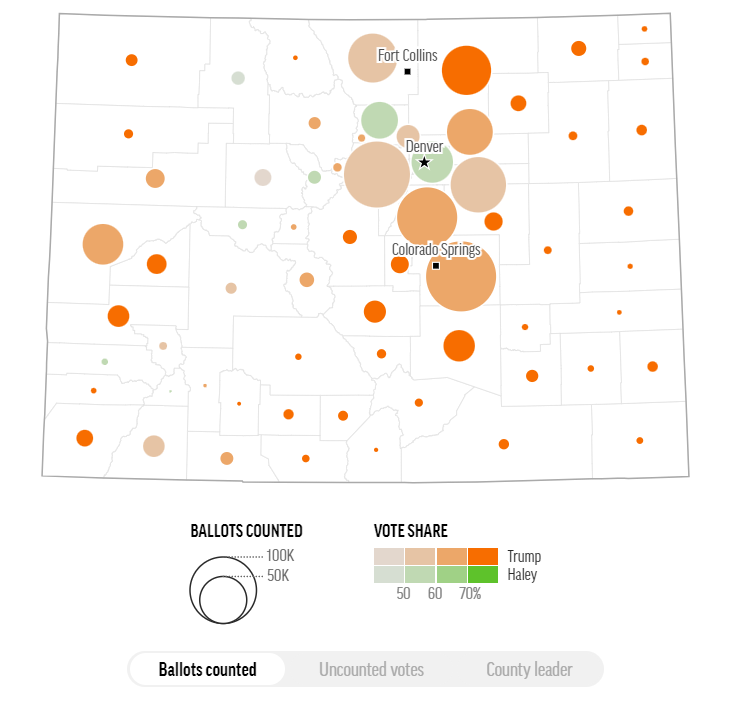
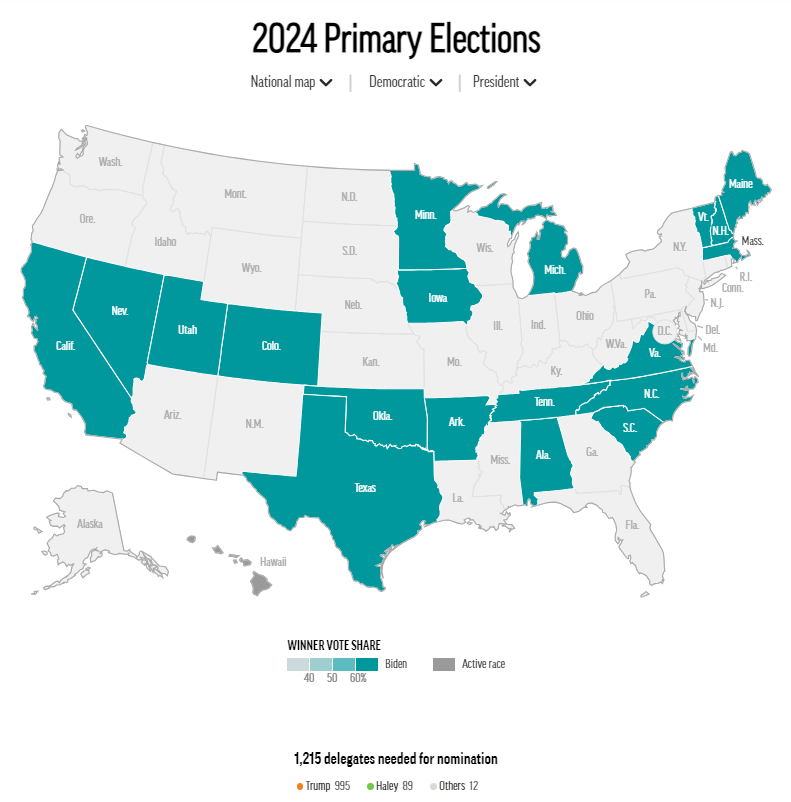

luige.delpuerto@coloradopolitics.com
